Research
The Memory Systems Lab uses converging cognitive neuroscience methods to study the nature and the organization in the brain of human learning and memory. We conduct neuropsychological studies of patients with memory disorders, together with functional neuroimaging, human electrophysiological, and eye tracking studies, as well as computational modeling of memory. We also do intervention studies, examining the effects of exercise and or nutrition in individuals of various ages, across the lifespan, as well as conducting cognitive interventions in the elderly. Much of our research is in collaboration with other investigators, including a shared grant from NINDS with Dr. Melissa Duff, as well as collaborations with Professors Art Kramer and Chuck Hillman (both now at Northeastern), Gabriele Gratton, Monica Fabiani, Brian Gonsalves, and Renee Baillargeon at the University of Illinois, Professor Joel Voss at University of Chicago, Professors Daniel Tranel, Michelle Voss at University of Iowa Carver College of Medicine, and Professor David Balota at the Alzheimer's Disease Research Center at Washington University in St. Louis.
National Institute of Neurological Disorders and Stroke (NINDS)
National Institute of Mental Health (NIH/NIMH)
National Institute on Aging (NIH/NIA)
National Institute of Child Health and Development (NIH/NICHD)
Abbott Nutrition
Intelligence Advanced Research Projects Activity (IARPA)
Institute of Educational Sciences (IES)
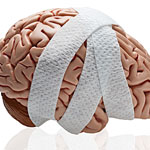
We are currently investigating how moderate-severe TBI impacts relational memory and its underlying neural correlates, namely the hippocampus. This ongoing project is in collaboration with Dr. Melissa Duff at Vanderbilt University and involves behavioral experiments, eye-tracking, and neuroimaging.
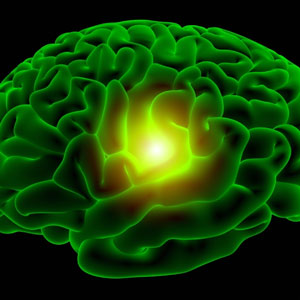
In this project we, use behavioral, eye-position, fMRI, volumetric, and connectivity measures to evaluate the relative contribution of both specific associations and underlying contextual-rules in support of relational memory. We investigate performance in both healthy young and older adults as well as patient populations with damage to medial temporal and prefrontal cortical structures

Episodic memories are often conceptualized as having items that are remembered with additional details that provide a setting or "context" to the memory experience. Studies investigate the informational nature of contextual representation and its neural substrates through the use of reconstructive recall tasks and fMRI.
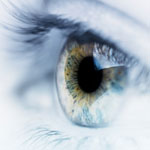
This project uses eye movements to explore the processes that take place during retrieval of memory, both conscious and unconscious
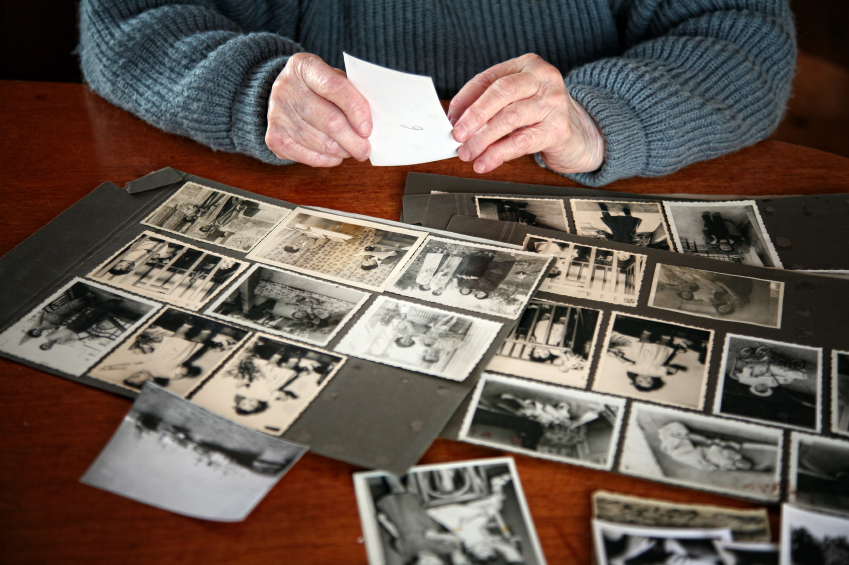
We are developing novel techniques and measures to better understand the functional role of the hippocampus in memory. These techniques permit deeper insights into hippocampal function, and are sensitive to even very subtle differences in relational memory that accompany mTBI, aging, health and nutrition, alloiwng earlier diagnosis of deficits, insights into underlying changes, and more appropriate responses.
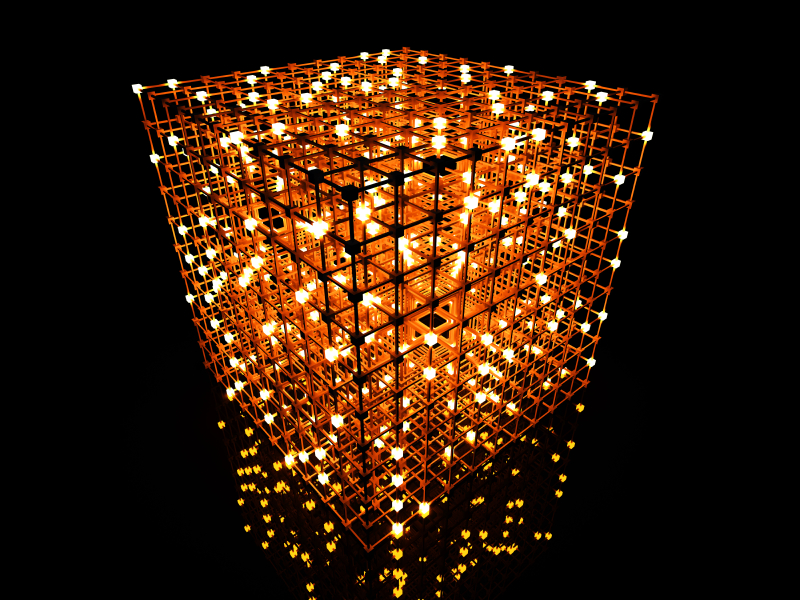
Memory is more than just learning associations and reproducing them. It requires integration of shared information across episodes and discrimination between competing representations. More over, memory serves to guide information gathering both in familiar and novel contexts. We look at how memory guides attention and how various brain regions support these processes.
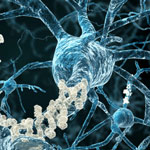
In this study, we are developing cognitive tasks that are highly sensitive to the earliest pathological changes that occur in the brain of dementia patients. This early detection will allow for patients to begin receiving treatment earlier in an effort to slow the progression of dementia.

Emotional information can have enhancing and impairing effects on remembering. Emotional information can have enhancing and/or impairing effects on remembering, depending which aspects of a memory episode is being examined. This project explores the effects of emotional stimuli on relational memory using eye movement measures.
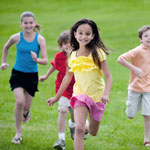
This study investigates what aspects of fitness, diet, and other health measures affect memory development across a nine-month fitness intervention in children.
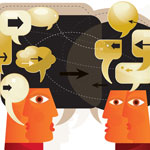
This study investigates the ability of hippocampal amnesics to form and express partner-specific associations, which are critical to common ground representations, during a picture naming task with different conversational partners.
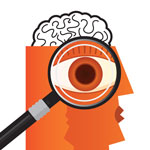
This study investigates on-line comprehension of referencing expressions in hippocampal amnesics by monitoring eye-movements as they interpreted referencing expressions in the visual world paradigm.

This study investigates what aspects of dietary intake are related to relational memory development during the second year of life.
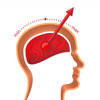
Focusing on lifestyle factors such as physical activity and exercise, nutrition, and social activity, we are working towards delineating the environmental aspects that preserve brain health and promote cognition in late adulthood.

This study investigates how aerobic fitness and nutritional intake affect eye movement measures of various types of memory.

In this study, we are extending our research out beyond the hippocampus to look at the consequences of relational memory in the cortex using the event-related optical signal (EROS). Specifically we are looking at the ability for relations to be used to reactivate memory representations.

This study investigates what aspects of dietary intake are related to various measures of cognitive development in toddlers.

In this project we use functional magnetic resonance imaging to investigate the importance of temporal coherence in context vs. item processing.

No one's memory is perfect, but when we forget or err, our memories usually fail gracefully. When we misremember a colleague's name, we're unlikely to call her "Joan of Arc," and even less likely to call her "an elevator". The plausibility of our errors reveal a structured usuable knowledge base that guides our behavior, and by studying such mistakes, we can understand the organizational systems of our memories. Rather than discard memory erros as "noise" we try to find metrics and methods that give the maximum of partial credit
If you are interested in gaining research experience and earning psychology course credit, we offer courses in which you will receive credit hours for your work in our lab. We also are currently looking for participants for our studies from a variety of populations.
Learn More